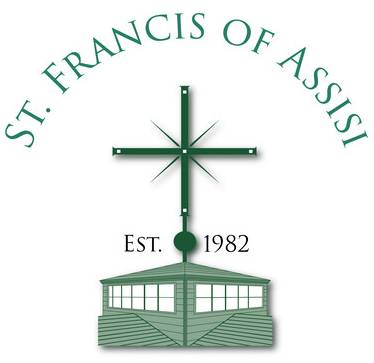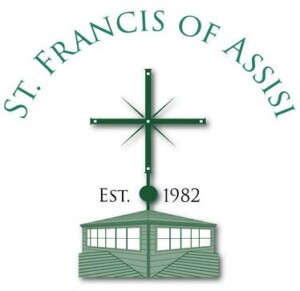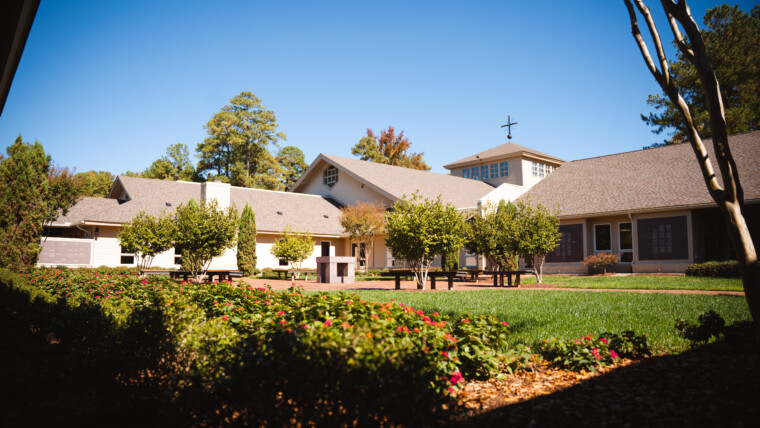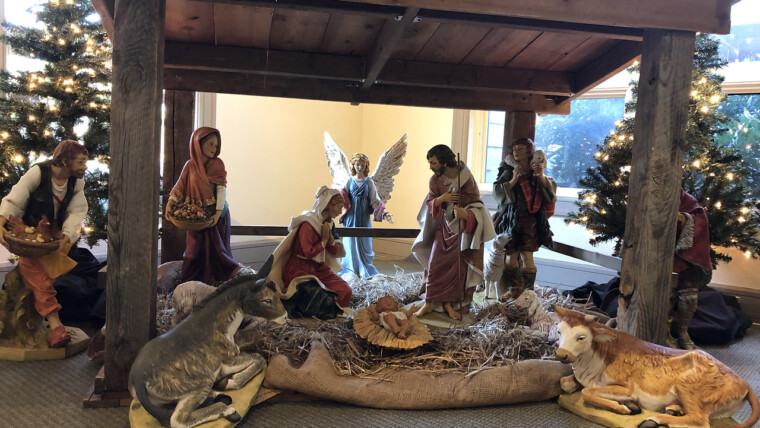At St. Francis, we all have heard of and perhaps participated in the listening sessions associated with the upcoming Synod in the Church. The ‘Synod on Synodality’ is a three-year process of listening and dialogue that officially began with a solemn opening in Rome on October 9-10, 2021, focused on getting the entire Church, both laity and clergy, into active conversation and discernment as a way of life so they may together make the Church more meaningful and relevant to those both inside and outside the Church. The Synod, which will continue with a four-week meeting in Rome this October with nearly 370 voting delegates worldwide, is “less” than a council, such as the Council of Trent or the Second Vatican Council. Pope Francis has reshaped the synod structure and expanded who may serve as voting delegates. This new structure has caused some bishops and laity to be unclear about what will happen in October. As Father Jim mentioned about his experience, “I was part of the initial committee of the diocese who laid the groundwork for the meetings around the diocese that would take place during the initial parish meetings. The process went well. However, it is interesting, and I am not sure if it was an exception or not, that the American church could not fully understand that this was a ‘listening’ session and not necessarily a process that would make demands or initiate new policies for or in the Church.” Bishop Luis Rafael Zarama agrees, “The purpose of the Synod is to provide a unique opportunity to listen to one another and the Holy Spirit, unlike other gatherings such as a Council, which may result in outcomes binding to the universal Church.”
To this end, a recent ‘reminder’ points out that the Synod is not just a ‘vote’ on the Pope’s recommendations but a listening and cataloging of the entirety of the laity’s and clergy’s thoughts, concerns, and questions. Pope Francis said he sees the Holy Spirit as ‘the heart of synodality.’ The Pope added, “The Synod now taking place is, and should be, a journey with the Spirit, not a parliament for demanding rights and claiming needs in accordance with the agenda of the world, nor an occasion for following wherever the wind is blowing, but the opportunity to be docile to the breath of the Holy Spirit.”
On June 20, The Vatican released the working document to guide the participants for this two-part “Synod on Synodality” meeting in Rome in October 2023 and continuing in October 2024; it is a remarkable journey. As Monsignor Clay points out, “What has also made this process unique in our history is that it started with listening sessions at the grass-roots level of the Church and included, in addition to active parishioners, those who are alienated from the Church, those who live on the margins of society, and those who are outside the Church. The goal of this process is to gain insights about how the Church can 1) be a stronger witness of the Gospel to the world, 2) strengthen the participation and service of all its members in terms of its direction, and 3) build a better sense of unity within the Church by everyone, not just the bishops.” He continues, “It focuses on learning how to listen to each other to discern the presence of the Holy Spirit in all voices.”
On July 7, the Vatican released the names of the 364 voting delegates exemplifying ‘global Catholicism’ at these two gatherings. Monsignor Clay finds the list extraordinary in its inclusiveness, “The list of voting delegates is remarkable for the diversity it presents. For the first time in history, 54 delegates will be women with full voting rights, the same number as the Cardinal delegates (until the Pope elevated eight bishop delegates to the rank of Cardinal on July 9), and over 26% will not be bishops.” Still, the process remains mysterious to many. Monsignor says, “Thomas Reese, SJ, an esteemed observer of ecclesial matters, has some interesting insights about how the synod process will likely unfold and why, perhaps, it may be a bit confusing for Americans.” Reese writes, “What [may be] most confusing for Americans is that for [Pope] Francis, the process may be more important than the results. The voyage may be more important than the destination. For Francis, synodality is a spiritual experience. It is a way of experiencing the Spirit as a discerning community. It is a way of being the community of the disciples of Christ.” Father Michael believes this is an important insight. “Our culture is strongly results-oriented. We are good at analyzing problems and then working on solutions,” he says. The synod process is different. Again, from Thomas Reese, “Being synod, doing synod, in other words, is more important than the decisions that will come out of the Synod. If the Synod made decisions (even correct ones) but made them incorrectly, in Francis’ mind, the Synod would be a failure. For Francis, it is more important that those involved in the synodal process experience the Spirit during their time together in prayer, discussion, and listening. They are modeling what it means to be a church.”
“The idea of ‘modeling Church’ does not mean that issues that are near and dear to the hearts of St. Francis parishioners, many of which the working document that will guide the Synod proceedings reflect, will not be part of the conversation and discernment,” says our pastor, “Instead, it is a matter of putting first things first for Pope Francis.” However, as Father Jim mentions when considering the North American document that collated the thoughts of the faithful, “The process revealed that some teachings might need review and reimagination to be of support, help, and healing in our more pluralistic and complex world. The Church needs to consider its place in a post-modern world and how its relevance and significance can matter. A Church that doesn’t remain open to legitimate fresh ideas and ways to convey and live out those ideas, all potential gifts of the Holy Spirit, may find itself increasingly isolated from society and culture.” He continued that he hoped the process would allow “more opportunities for priests to listen to the faithful. If priests became more comfortable being on the receiving end of the relationship with their parishioners, this [synodal process] should continue; it would aid greatly in making more priests sensitive and pastoral and empower the laity to take their role as collaborators with their pastor in promoting the Reign of God as is their rightful place and duty.”
Still, it is all part of a process for a worldwide and ancient organization that necessarily moves with caution and care. “The Holy Father wants the Church to become much better at listening, a critical spiritual skill, to correctly discern where the Holy Spirit is leading it in the 21st century,” says Monsignor Clay, and he adds, “Several commentators have opined that this process has as much a chance of failing as succeeding. In support, we will pray the Synod Prayer at each weekend Mass through the conclusion of the Synod in 2024 and our prayers too. Much is at stake for the future of our Church.”
Author: Mike Watson







